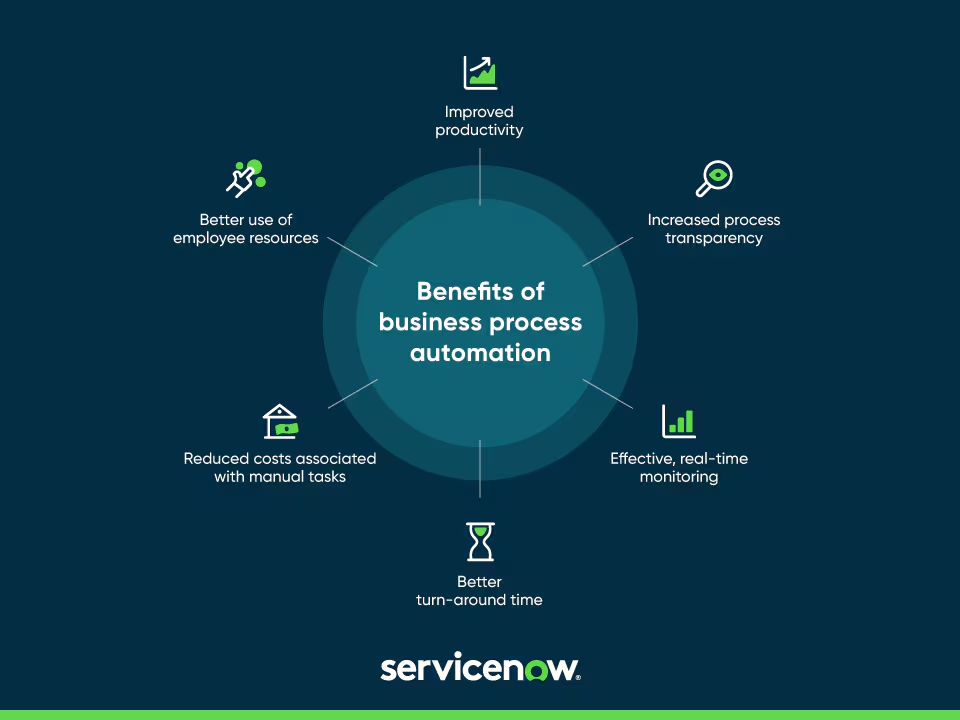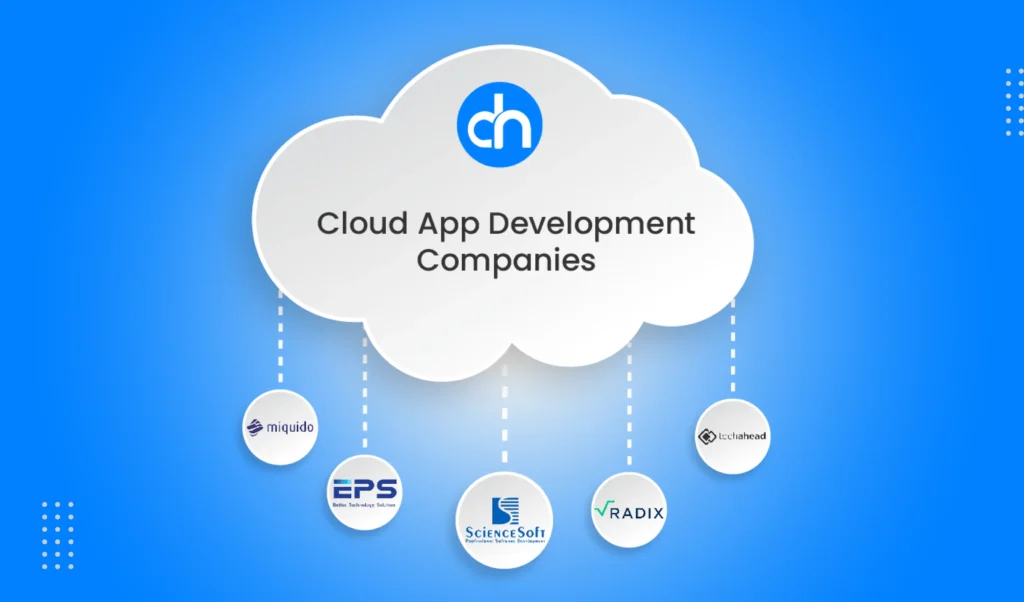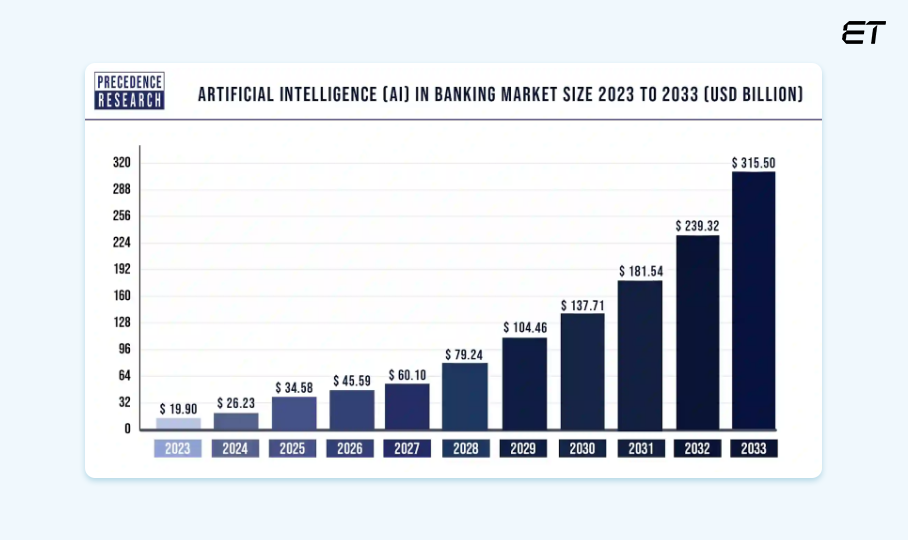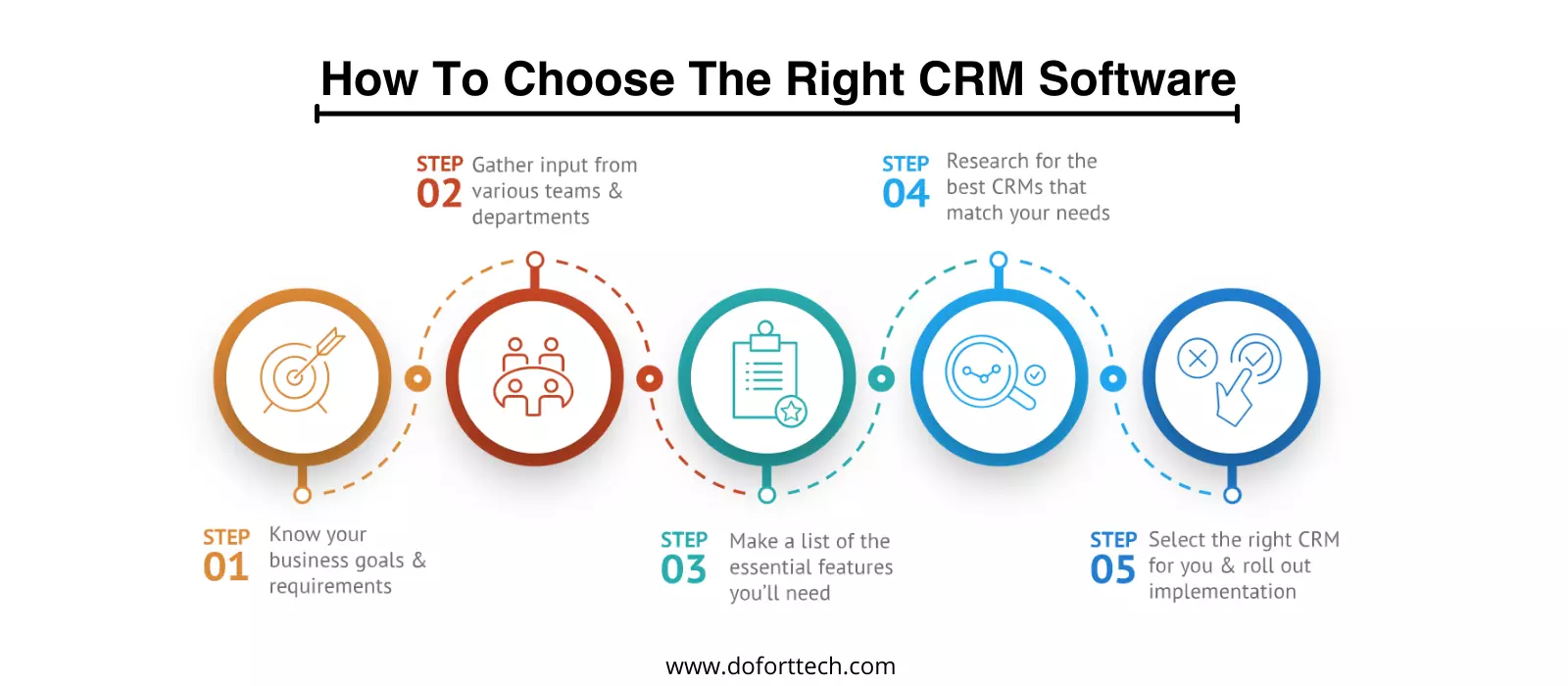Seeing how competitive today’s markets are, business efficiency has become a necessity for survival. Therefore, I’d like to introduce you to robotic process automation (RPA): a cutting-edge technology that is automating monotonous tasks, improving accuracy, and freeing up human resources for more strategic work. RPA is becoming more and more common across a wide range of industries, and this might have a significant impact on modern business.
What is RPA?
What precisely is Robotic Process Automation, then? This type of BPA technology uses artificial intelligence (AI) workers, or software robots, to carry out activities in a manner similar to that of human labor. The duties that RPA can perform more accurately and quickly include data entry, customer support, financial transactions, and HR operations. Consider the benefits of automating repetitive work so that staff members can concentrate on their areas of expertise.
The Role of RPA in Digital Transformation
RPA is important to the theme of digital transformation. It improves accuracy, simplifies processes, and increases productivity all around. For instance, automating data entry greatly lowers errors while simultaneously speeding up procedures. Robotic Process Automation may handle ordinary customer support requests, freeing up human agents to handle more complicated problems and enhance the customer experience.
Types of RPA
RPA technology can be broadly categorized into three types:
- Attended Automation: In call centers and help desks, attended automation—which necessitates human start or interaction—is frequently employed.
- Unattended Automation: Functions autonomously, automating data processing and other back-office functions.
- Hybrid RPA: Provides flexibility and scalability by combining attended and unattended automation.
RPA Tools Comparison:
Choosing the right Robotic Process Automation tool is critical. Let’s compare three leading options:
UiPath
One of the best-known features of UiPath is it’s easily navigable user interface. Even if you’re not familiar with more complex interfaces, you can create automation workflows with its drag-and-drop features. UiPath is a top option in sectors like finance and healthcare where accurate data is crucial due to its robust analytics tools. Furthermore, because of the active community assistance, you never have to go alone on your automation path.
Automation Anywhere
Automation Anywhere shines with its cloud-native platform, A2019. Its AI and machine learning skills make it ideal for the insurance, banking, and telecommunications industries since they can handle complex procedures involving unstructured data. It tackles compliance and data protection issues while guaranteeing the security of large-scale installations with strong governance and security capabilities.
IBM RPA
IBM RPA integrates seamlessly with IBM’s suite of products, including Watson AI. This makes it a powerhouse for tasks needing natural language processing or image recognition, perfect for retail and customer service sectors. Its deep integration with enterprise systems supports complex workflows in supply chain management and ERP, making it a strong contender for manufacturing and logistics.
While each of these Robotic Process Automation tools brings its unique strengths to the table, the choice of the right platform depends on several factors, including the specific industry requirements, the scale of automation, the complexity of the processes to be automated, and existing IT infrastructure. UiPath‘s ease of use and strong community make it a great starting point for companies exploring RPA. Automation Anywhere‘s cloud-native platform and AI capabilities offer scalability and sophistication for enterprises ready to tackle complex automations. IBM RPA‘s seamless integration with other IBM products and advanced AI features provide a solid choice for companies deeply invested in the IBM ecosystem. Ultimately, the decision should align with the organization’s strategic goals, IT landscape, and the specific challenges it aims to address through Robotic Process Automation.
Implementing RPA with Singleclic’s Assistance
Singleclic is a leader in Robotic Process Automation implementation, with expertise in ERP, CRM, and RPA services on platforms like Automation Anywhere and UiPath. Our approach includes a thorough process assessment, custom solution design, rigorous development, testing, and seamless deployment. We tailor Robotic Process Automation solutions to align with your business goals, ensuring a smooth transition and maximum efficiency.
To learn more about us and our services, check out our services page here.
Conclusion
Cutting-edge technologies like RPA are easing the way for digital transformation. It has enormous potential to save expenses, promote innovation, and increase operational efficiency. By collaborating with professionals like Singleclic, you may unleash new heights of creativity and brilliance while navigating the challenges of RPA deployment. With Robot Process Automation, embrace the future and allow Singleclic to lead you every step of the way on this exciting adventure.










